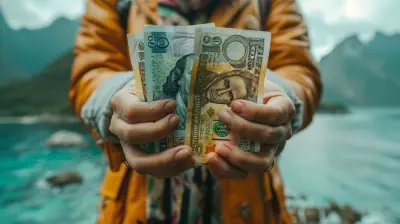Currency Exchange Scams: Tips for Fair Transactions
25 November 2025
Ah, currency exchange—where mathematics meets magic, and tourists get handed a performance worthy of an Oscar. If you've ever felt like you've just been robbed without the ski mask and the dramatic getaway, congratulations, you've probably fallen victim to a currency exchange scam. But don't worry, you're not alone. There's a whole industry dedicated to creatively swindling unsuspecting travelers.
How do you avoid becoming the next victim of these currency charades? Buckle up, because we're about to dive into the sneaky, crafty, and downright ridiculous ways scammers play their tricks—along with practical tips to ensure your hard-earned cash stays yours. 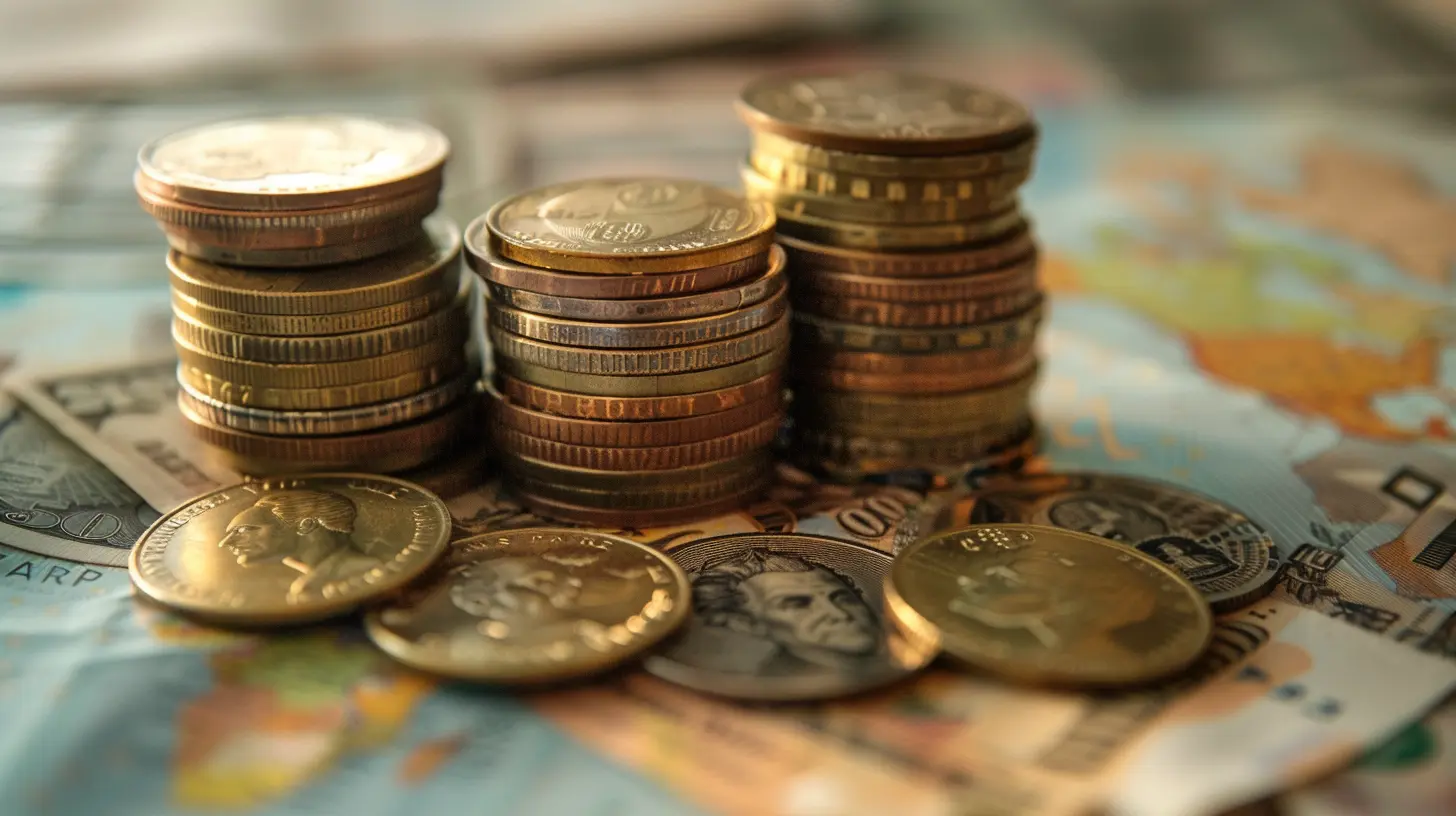
The Most Common Currency Exchange Scams
Before we talk about how to avoid scams, let’s take a moment to appreciate the sheer audacity of these schemes. Here are some of the most common ways tourists get tricked when exchanging money abroad.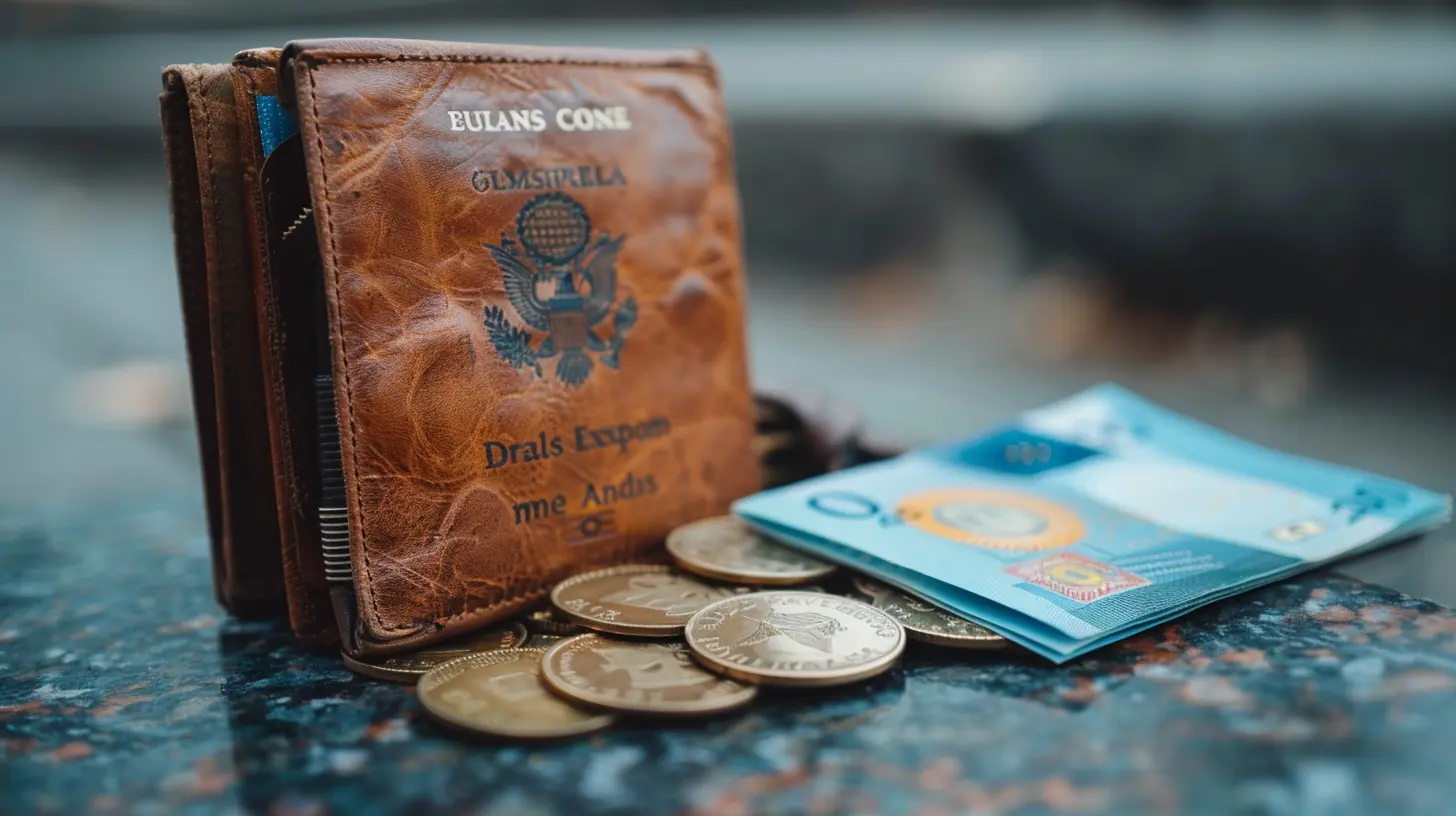
1. The Horrific Exchange Rate Scam
Ah, the classic. You walk into a currency exchange booth, excited to get your local cash, only to realize later that their "special tourist rate" basically converted your money into Monopoly bills. These places post attractive rates on a sign outside, but voilà—small print at the bottom reveals hidden fees, commissions, or an entirely different rate for unsuspecting walk-ins.How to avoid it:
- Always check the real exchange rate using a currency converter app (Google, XE, or Wise are lifesavers here).
- If a rate looks too good to be true—spoiler alert—it is.
- Ask exactly how much you'll receive before handing over your money.
2. The ATM Skimming Surprise
You thought ATMs were your safe haven? Think again. Skimmers love to install tiny, almost invisible devices on ATMs to steal your card info. And before you know it, someone on the other side of the world is enjoying a shopping spree on your dime.How to avoid it:
- Stick to ATMs inside banks or trustworthy locations, not some sketchy one chilling in a dark alley.
- Wiggle the card slot—if it moves, RUN.
- Cover the keypad when entering your PIN, because hidden cameras aren’t just in spy movies.
3. The Counterfeit Currency Switcheroo
Nothing like receiving a handful of cash, only to later realize you've been handed paper that looks like it was printed in someone’s basement. Some exchange booths or dodgy street exchangers mix in counterfeit bills, leaving you with cash that’s about as valuable as a blank sheet of paper.How to avoid it:
- Only exchange money at reputable establishments—banks, official exchange offices, or well-reviewed spots.
- Learn what real currency looks like in your destination country (watermarks, texture, holograms, etc.).
- Count your money and check the bills before walking away.
4. The "Oops, I Gave You the Wrong Amount" Trick
Ever had someone count out your money, then "accidentally" shortchange you? Yeah, those are professional magicians—except instead of pulling rabbits out of hats, they make your money disappear.How to avoid it:
- Always count your money before leaving the exchange booth.
- If they count it in front of you, double-check without distractions (no looking at your phone, no chatting).
- If something seems off, call them out on it immediately.
5. The Taxi Driver Switcheroo
You pay your cab fare, you swear you handed over a 50, but suddenly, the driver is holding a 5 and looking at you like you messed up. This classic scam relies on quick hand movements and psychology—many tourists second-guess themselves and hand over extra cash.How to avoid it:
- Say the denomination as you hand it over: "Here’s a 50."
- Don’t get distracted when paying—keep your focus on the cash exchange.
- Carry smaller bills to avoid needing change. 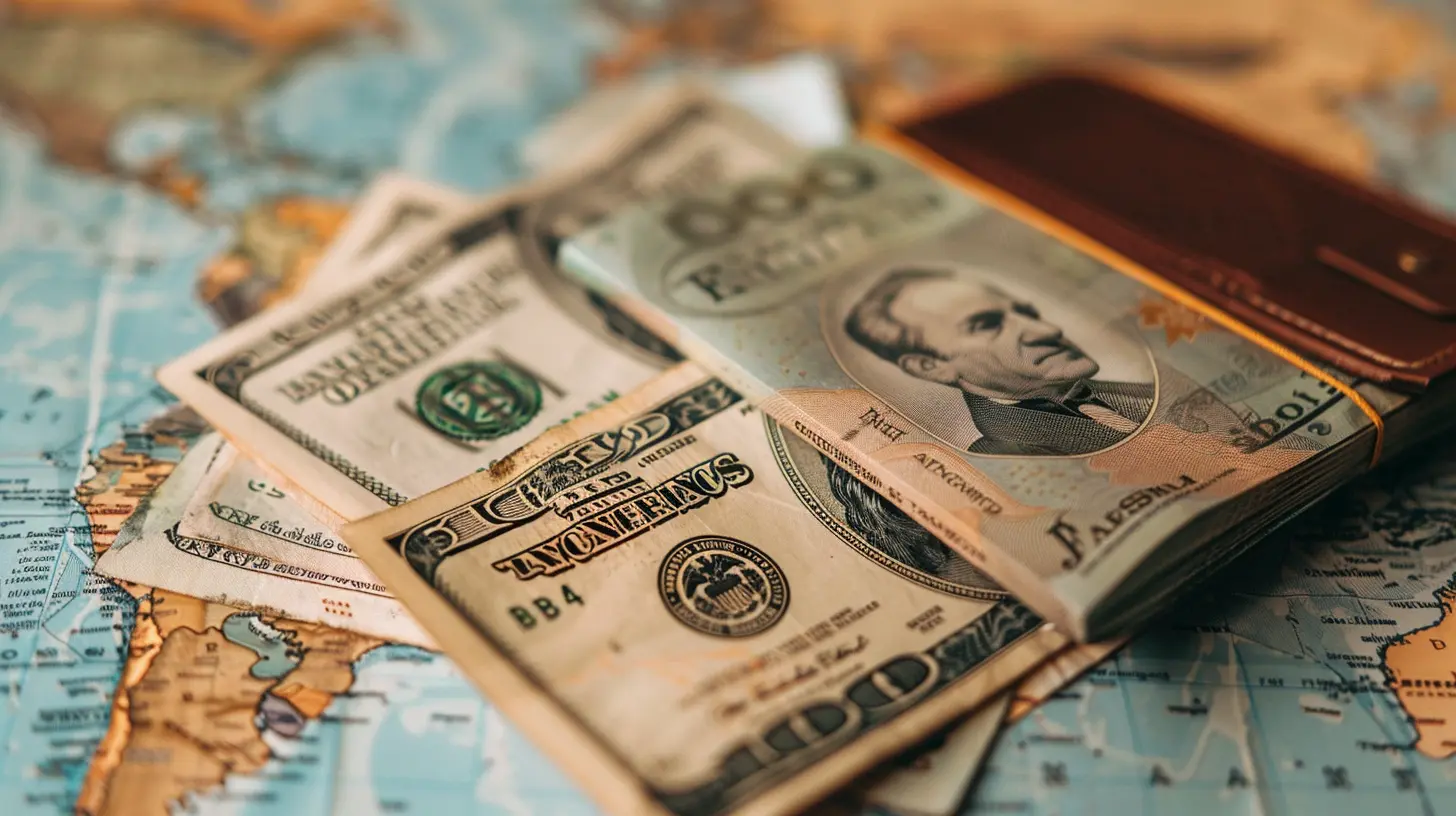
Tips for Safe Currency Exchange Abroad
Now that we've laughed (and cried) at those scams, here are some foolproof ways to make sure your money stays where it belongs—with you.1. Use ATMs Wisely
Sometimes, the best exchange rates come from ATMs—if you know what you’re doing. However, avoid ATMs at random convenience stores or tourist traps, as those fees will eat your soul. Look for ATMs inside banks or major institutions.2. Avoid Airport & Hotel Exchange Counters (Unless You Enjoy Burning Money)
Yes, they are convenient, but so is setting your money on fire. These places have some of the worst exchange rates and highest fees imaginable. If possible, exchange a small amount for immediate use and wait to get a better rate elsewhere.3. Consider Travel Cards or Multi-Currency Accounts
Wise (formerly TransferWise), Revolut, and N26 offer multi-currency accounts that let you spend in local currency using fair exchange rates. These cards can be a lifesaver, avoiding the whole scam circus altogether.4. Be Wary of "No Commission" Claims
No commission? Cute. That usually means they’ve just built the "fees" into a horrifying exchange rate instead.5. Exchange Cash at Official Banks or Well-Known Exchange Offices
It might take longer, but better safe than scammed. Banks generally provide the most transparent exchange rates, and they’re less likely to play magic tricks with your bills.6. Always Have a Backup Payment Method
Credit cards, travel cards, or a decent amount of emergency USD/Euros can be great backup options. If your main source of cash gets lost, scammed, or eaten by an ATM (yes, that happens), you’ll be glad you had a backup.7. Learn the Local Currency Like It's a Pop Quiz
The quicker you recognize the local money and understand its denominations, the less likely you’ll get tricked by sneaky transactions.8. Be Skeptical of Unofficial Money Changers
If some random guy on the street offers you "a better rate," congratulations, you’ve just found a scammer in the wild. Politely (or not-so-politely) decline and move on.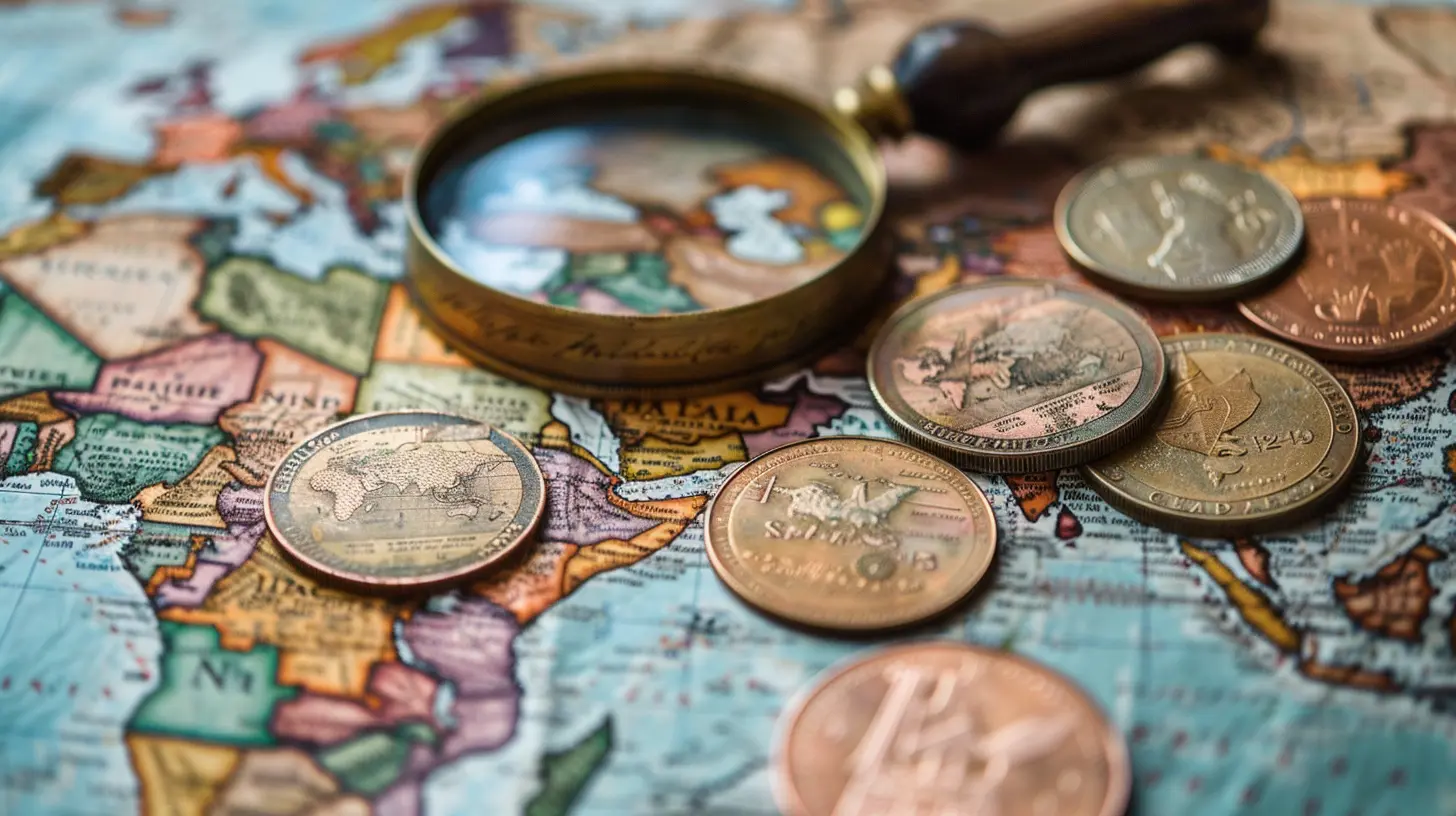
Final Thoughts
Money exchange scams are like tourist mosquitoes—annoying, persistent, and out for blood. But with a little caution and some common sense, you can avoid most of them and enjoy your trip without feeling like a walking ATM for scammers.Remember: If something feels shady, smells fishy, or looks too good to be true, your gut is probably right. Stay aware, trust reputable sources, and most importantly—don’t let these swindlers ruin your trip. After all, that money is better spent on cocktails and cool souvenirs than stuffing some scam artist’s pockets.
Safe travels, and may your exchange rates always be fair!
all images in this post were generated using AI tools
Category:
Travel ScamsAuthor:

Taylor McDowell
Discussion
rate this article
1 comments
Maxwell Curry
Thank you for sharing these valuable insights on currency exchange scams. Your tips for ensuring fair transactions are essential for travelers. This information will certainly help many protect their finances while exploring new destinations. Great work!
November 26, 2025 at 4:42 PM

Taylor McDowell
Thank you for your kind words! I'm glad you found the tips helpful. Safe travels!


